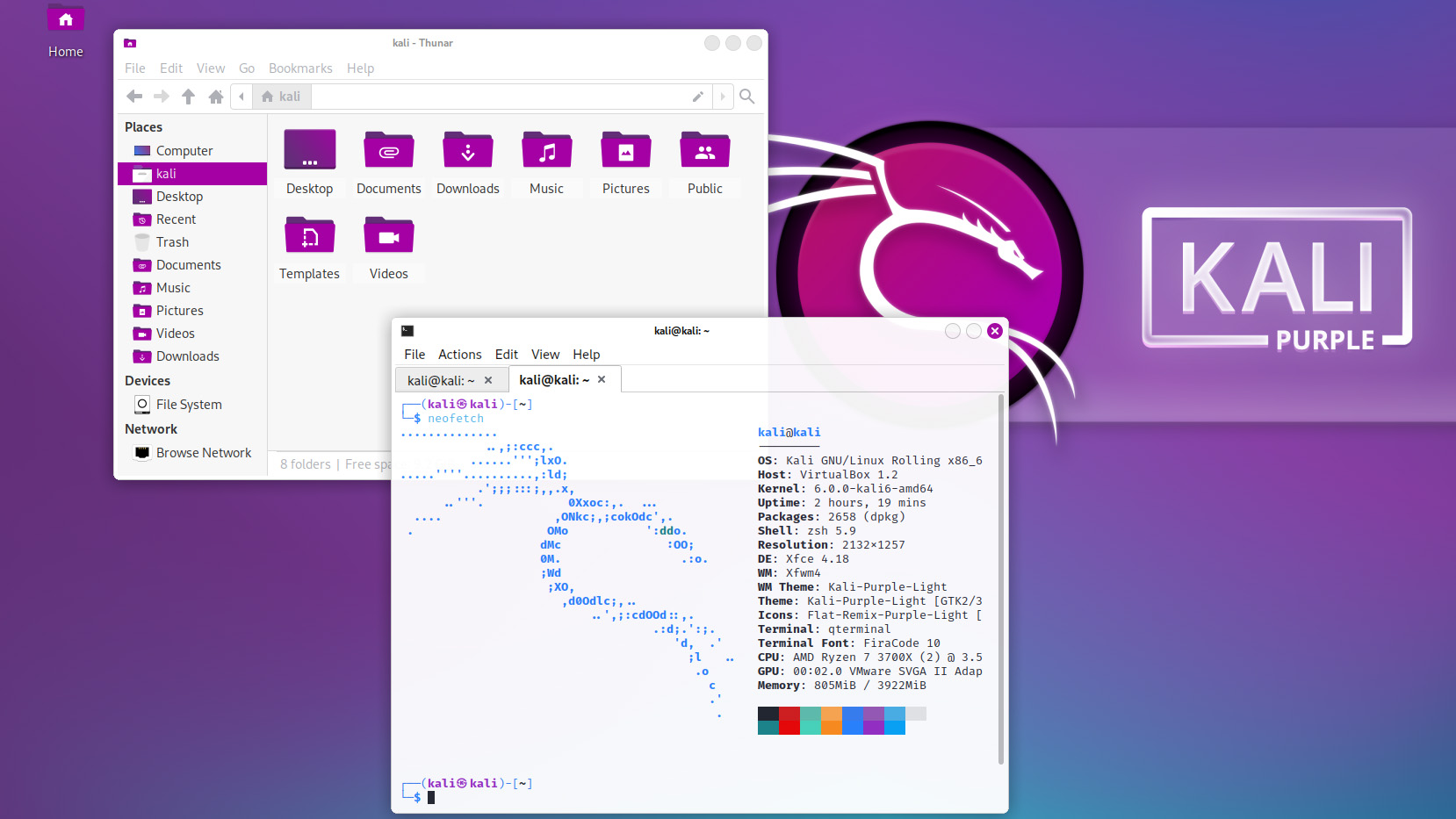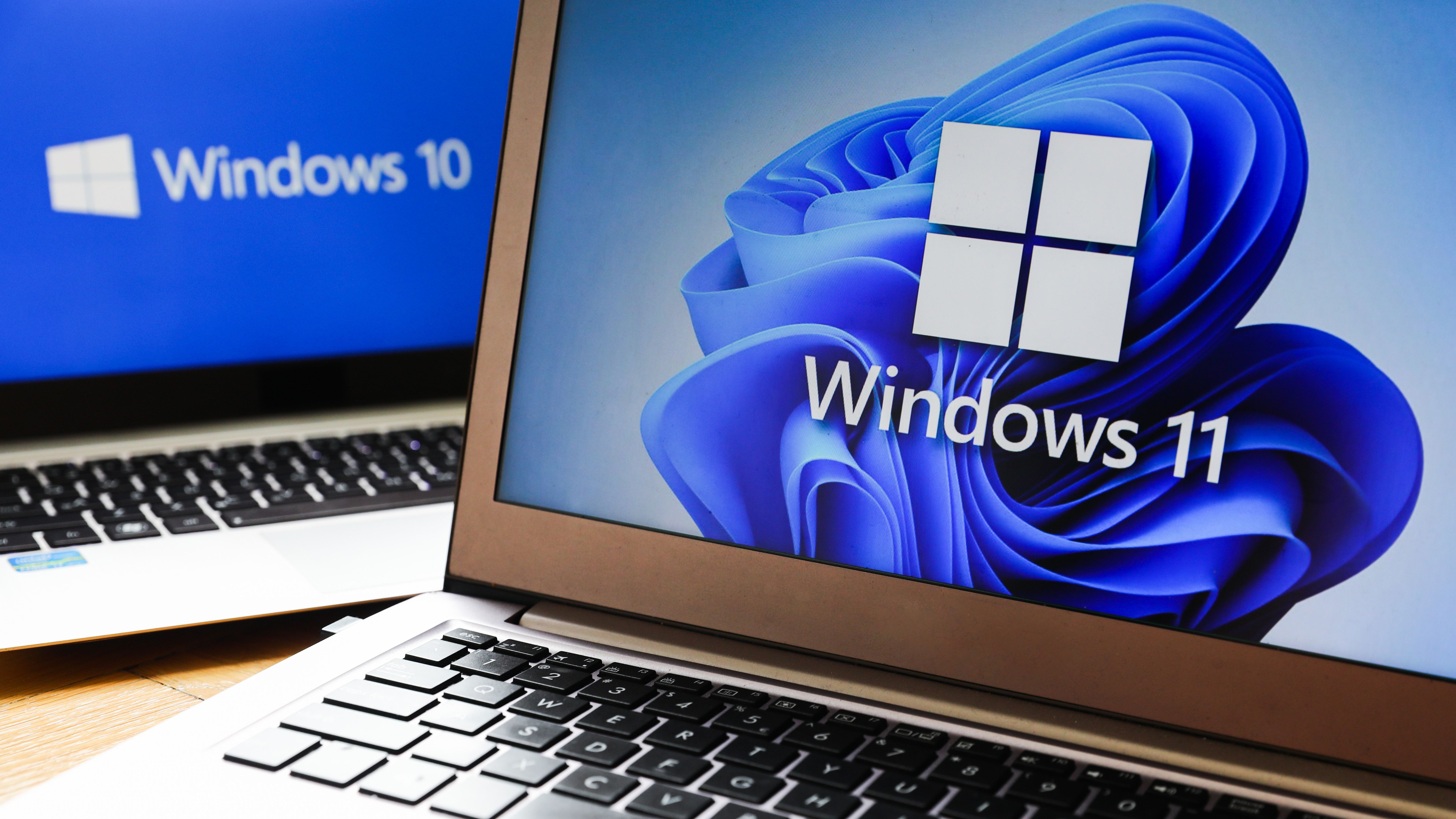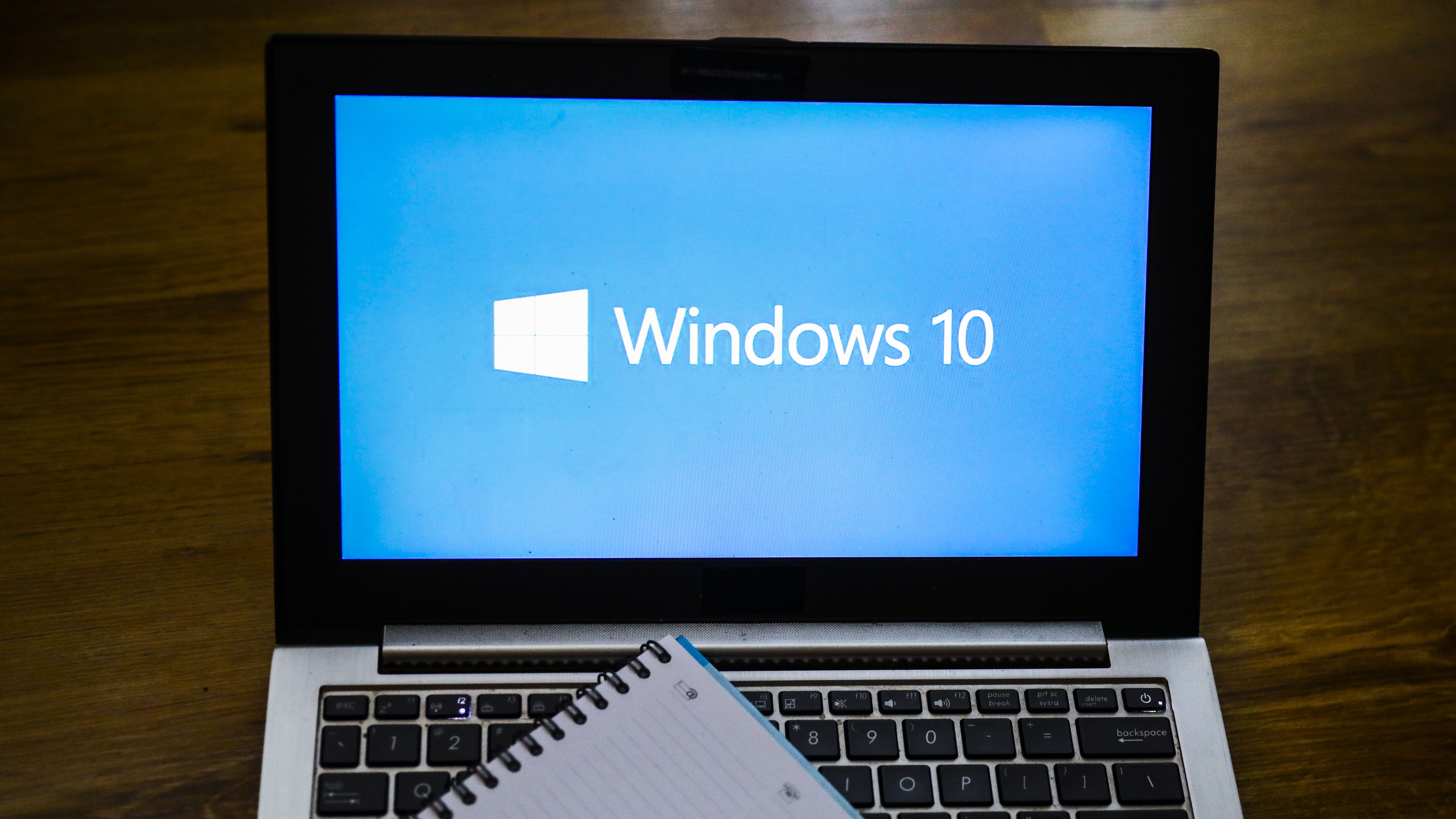How Vivobarefoot escaped Windows Server 2003 in IT upgrade
Sports footwear company also deployed Office 365 to fix London-China communication problems

Sign up today and you will receive a free copy of our Future Focus 2025 report - the leading guidance on AI, cybersecurity and other IT challenges as per 700+ senior executives
You are now subscribed
Your newsletter sign-up was successful
Sports footwear firm Vivobarefoot has escaped the risks of Windows Server 2003 expiry by overhauling its aged IT infrastructure, enabling easier communication between its London and China offices.
Microsoft's Windows Server 2012 operating system replaced three separate servers owned by Vivobarefoot, including an Exchange Server 2007 running email, a Server 2003 OS supporting file storage and order management software, and another running analysis of this software.
With Server 2003 support set to expire next week, global operations director Damian Peat told IT Pro migrating off the old operating system was a priority for his company.
"We had to get rid of the servers as quickly as possible and get a new 2012 in because obviously 2003 was coming to the end of its support," he said. "They were also going to die pretty soon."
Working with Microsoft partner Netstar, Peat binned all three of the servers in favour of one server to rule all his workloads, including Sage accounting software and a Prima order management application.
"The proposal was to move everything onto one big server that can handle all the different programs, because it's chopped into different servers within a server," he said.
But junking Server 2003 was just the start of Vivobarefoot's transformation, with Peat deciding the firm would stop backing up its on-site data onto tapes he would lock into a safe at the end of each day.
Sign up today and you will receive a free copy of our Future Focus 2025 report - the leading guidance on AI, cybersecurity and other IT challenges as per 700+ senior executives
"There was always a lot of fear on my part that those back-up tapes potentially wouldn't work, that we'd have a mechanical failure and suddenly find ourselves with nothing," he said.
"We started getting error messages, we weren't really sure what they were, but we knew they weren't good news. We'd get calls from the IT company saying the back-up didn't run last night. It was very very scary, it was sleepless nights."
After ditching his old IT partner for Netstar, Peat also parted with his tapes, instead handing his new provider the job of hosting a remote back-up service for all of Vivobarefoot's data.
Working with China
Netstar also recommended that Vivobarefoot update its tranche of outdated versions of Microsoft Office by deploying Office 365 across its two offices, based in London and China.
For Peat, this would solve two problems at once - upgrading software far past its sell-by date, as well as fixing the issue of inconsistent email addresses between the two offices.
Thanks to the Great Firewall of China and slower internet speeds in the country, his Chinese staff couldn't access their work emails easily, and had resorted to Gmail instead.
When Google fell out with China over a refusal to recognise security certificates issued by the country's internet authority, the team resorted to various native mail servers, but Peat had concerns over the security of these third-party mail apps.
"Also it's just really unprofessional," he told IT Pro. "They were communicating with our biggest suppliers, who we spend millions of dollars with every year, with these random email addresses."
Vivobarefoot initially considered Google Docs and Gmail ahead of Office 365, but scrapped the idea following China's negative rhetoric towards Google. It then considered a hosted Exchange server, but eventually picked Office 365 instead because it is a global cloud service easily accessible in China.
However, China did condemn Microsoft as well as Apple and Google as pawns of the US government in June last year, accusing them of spying on state secrets.
Despite this, Netstar set up Office 365 remotely with Peat's help when he visited the Chinese office, and the outcome has been to make communication between British and Chinese staff easier and more reliable.
"All of our Chinese staff email addresses are @vivobarefoot.com now, which is awesome," said Peat. "Everything's just a lot more integrated. I manage a team in China and I never used to have access to anybody's calendars. Now I have full visibility of what everyone's up to wherever they are in the world, which is wonderful."
The whole process took Netstar and Vivobarefoot three months, but that was only stage one, with more changes planned under two future steps.
"Stage two is getting all of our platforms onto the same thing. We're either using AppDynamics or SAP Business Forum or maybe NetSuite but we're looking at the moment and meeting with all these software houses," said Peat.
"From my point of view there's a certain attraction to going with AppDynamics just because it plugs in so beautifully with Office 365."
-
 ITPro Best of Show NAB 2026 awards now open for entries
ITPro Best of Show NAB 2026 awards now open for entriesThe awards are a fantastic opportunity for companies to stand out at one of the industry's most attended shows
-
 Mistral CEO Arthur Mensch thinks 50% of SaaS solutions could be supplanted by AI
Mistral CEO Arthur Mensch thinks 50% of SaaS solutions could be supplanted by AINews Mensch’s comments come amidst rising concerns about the impact of AI on traditional software
-
 IBM AIX users urged to patch immediately as researchers sound alarm on critical flaws
IBM AIX users urged to patch immediately as researchers sound alarm on critical flawsNews Network administrators should patch the four IBM AIX flaws as soon as possible
-
 A journey to cyber resilience
A journey to cyber resiliencewhitepaper DORA: Ushering in a new era of cyber security
-
 A new framework for third-party risk in the European Union
A new framework for third-party risk in the European Unionwhitepaper Report: DORA and cyber risk
-
 Kali Linux releases first-ever defensive distro with score of new tools
Kali Linux releases first-ever defensive distro with score of new toolsNews Kali Purple marks the next step for the red-teaming platform on the project's tenth anniversary
-
 Microsoft releases scripts to restore shortcuts deleted in faulty Windows Defender update
Microsoft releases scripts to restore shortcuts deleted in faulty Windows Defender updateNews However, some users have resorted to creating their own fixes as they’ve encountered Microsoft’s to be problematic
-
 Windows Defender update deletes Start Menu, Taskbar, Desktop shortcuts
Windows Defender update deletes Start Menu, Taskbar, Desktop shortcutsNews For now, it appears that administrators will have to manually recreate their shortcuts once the issue has been fixed
-
 IBM LinuxONE for dummies
IBM LinuxONE for dummiesWhitepaper Secure your data, build an open hybrid cloud environment, and realise the cost benefits of consolidation
-
 Windows 10 users encounter ‘blue screen of death’ after latest Patch Tuesday update
Windows 10 users encounter ‘blue screen of death’ after latest Patch Tuesday updateNews Microsoft said it is working on a fix for the issue and has offered users a temporary workaround